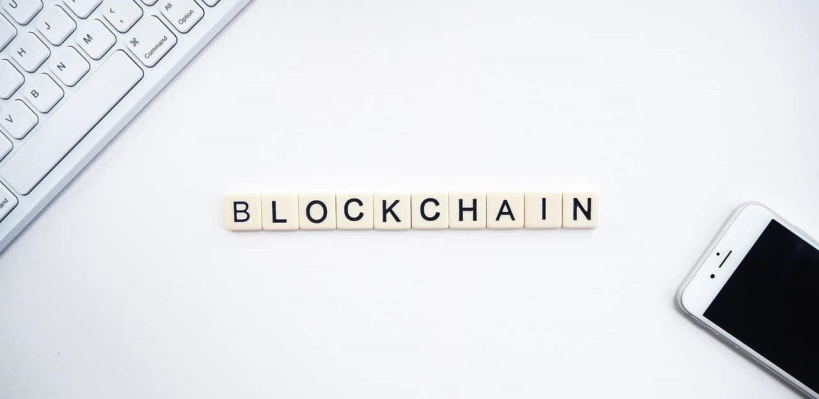There’s no doubt that blockchain technology has the potential to revolutionize many different industries. And one industry that this distributed ledger technology could transform is mobile app development. This is because blockchain can offer a more secure and efficient way to develop and distribute mobile apps. In this blog post, we’ll explore how blockchain could change the landscape of mobile app development for the better. So if you’re interested in learning more about this cutting-edge technology, read on!
How to use blockchain technology in your mobile app development project
There is no one-size-fits-all answer to this question, as the best way to integrate blockchain technology into your mobile app development project will vary depending on the specific needs of your project. However, here are a few general tips to keep in mind:

- Keep it simple: don’t try to do too much with blockchain technology all at once. Start with a small, manageable pilot project and gradually increase the scope of your use cases as you become more comfortable with the technology.
- Focus on user experience: remember that, at the end of the day, your app users are primarily interested in an easy-to-use and intuitive interface. Don’t sacrifice usability in favor of technical gimmicks.
- Be mindful of security: since blockchain technology is still fairly new, there are certain security risks that need to be considered. Make sure to consult with experts and choose a reputable platform or provider before moving forward with any project.
- Think long term: blockchain technology is still in its early stages of development, so it’s important to think about the long-term potential of your project. What are your goals for the future and how can blockchain help you achieve them?
By following these tips, you can ensure that your mobile app development project takes full advantage of the unique benefits offered by blockchain technology.
The benefits of blockchain in mobile app development
- Increased security: One of the most significant benefits of blockchain is the increased security it can provide. By storing data across a decentralized network, blockchain makes it more difficult for hackers to exploit vulnerabilities and access sensitive information.
- Tamper-proof data: Another key benefit of blockchain is that it can help to ensure the integrity of data. This is because each block in the chain contains a timestamp and cryptographic hash of the previous block, making it tamper-evident.
 Faster transactions: Blockchain can also help to speed up transactions by eliminating the need for intermediaries such as banks or other financial institutions. This is because transactions are verified and recorded on the distributed ledger in real-time.
Faster transactions: Blockchain can also help to speed up transactions by eliminating the need for intermediaries such as banks or other financial institutions. This is because transactions are verified and recorded on the distributed ledger in real-time.- Improved traceability: With blockchain, it is possible to track the history of a particular asset or piece of data. This can be extremely useful for supply chain management, as it allows businesses to see where an item has come from and how it has been handled.
- Reduced costs: One of the main advantages of blockchain is that it has the potential to reduce costs by eliminating the need for intermediaries. For example, when two parties make a transaction using blockchain, there is no need for a third party such as a bank to verify or record the transaction.
- Enhanced transparency: Another key benefit of blockchain is enhanced transparency. Because all transactions are recorded on the distributed ledger, they are available for anyone to view. This could help to increase transparency and accountability in business and other organizations.
- Increased Efficiency: One of the most significant advantages of blockchain is its potential to increase efficiency. For example, by streamlining the process of verifying and recording transactions, blockchain could help to reduce the time and cost associated with traditional methods such as paper-based systems.
- Improved Scalability: Another important advantage of blockchain is its scalability. Because it is a distributed system, blockchain can theoretically be used to support an unlimited number of transactions without the need for a central authority.
- Better Interoperability: One of the most exciting advantages of blockchain is its potential for better interoperability. By allowing different blockchains to interact with each other, it could eventually become possible to create a global market for digital assets.



